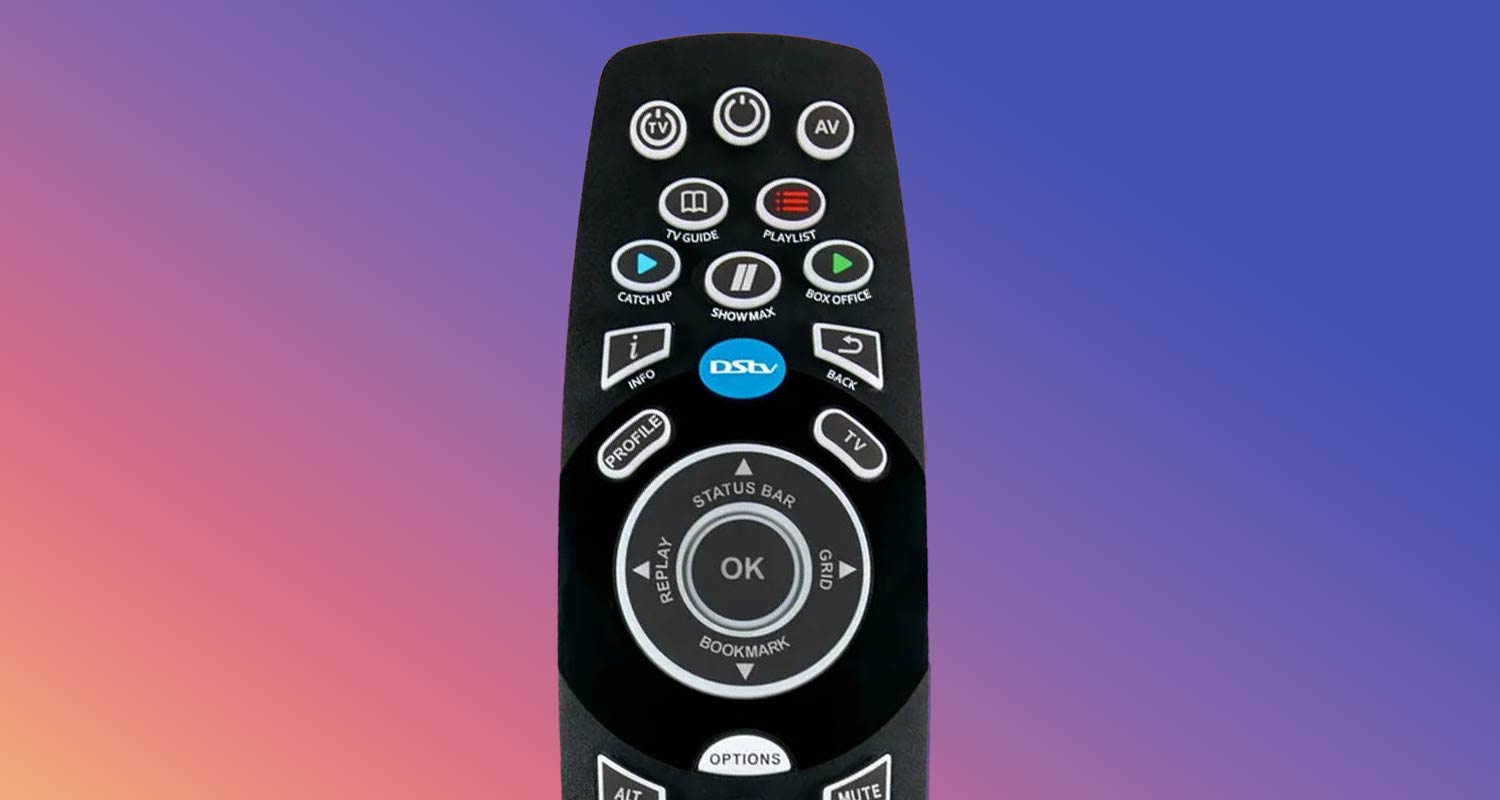 MultiChoice Group has recorded a 9% year-on-year slump in active subscribers – 5% in South Africa – as the JSE-listed broadcaster battles difficult trading conditions at home and in other parts of Africa.
MultiChoice Group has recorded a 9% year-on-year slump in active subscribers – 5% in South Africa – as the JSE-listed broadcaster battles difficult trading conditions at home and in other parts of Africa.
The group, which is in the throes of being acquired by France’s Groupe Canal+, blamed a “challenging consumer environment” for the shock decline in subscribers.
The “rest of Africa” business, which excludes South Africa, saw a steep 13% fall in subscriber numbers year on year, with the worst performances coming from its Nigeria, Angola and Zambia operations. Those markets have all experienced high inflation and currency volatility in the past year.
“The South African business was more resilient, declining by only 5%,” MultiChoice said in commentary alongside its annual results for the year ended 31 March 2024.
The South African subscriber base stood at 7.6 million households at the end of March.
MultiChoice said severe load shedding during the reporting period “further discouraged potential subscribers” from signing up.
The Premium tier, which includes the DStv Premium and Compact Plus bouquets, declined by 8% in South Africa despite “targeted retention efforts”.
The midmarket Compact base, “which is most exposed to the macroeconomic challenges”, declined by 9%, while the mass-market tier was 2% lower due to pressure in the Family base, the impact of load shedding and reduced decoder subsidies.
New revenue streams
“A consequent 3% decline in subscription revenues and softer advertising income weighed on the segment’s total revenues (-2% to R33.6-billion) but was partially offset by strong traction from new revenue streams, especially the insurance business, which reported a 35% increase in premium revenue to almost R1-billion. Several interventions to reduce costs enabled the South African business to achieve a trading margin of over 26%.”
Group revenue rose by 3% organically. However, due to weaker local currencies and consumer pressure, reported group revenue declined by 5% to R56-billion. Subscription revenues climbed by 2% organically, but fell by 7% on a reported basis, impacted by the Nigeria naira, which has fallen precipitously in the past year.
Read: Nigeria orders month’s free DStv in blow to MultiChoice
With a range of once-offs excluded, group trading profit rose by 24%, again on an organic basis, despite an additional R1.4-billion investment in Showmax aimed at driving future growth in subscriptions.
“After factoring in the R4.5-billion impact related to foreign exchange weakness, reported trading profit declined by 21% to R7.9-billion,” it said.
The numbers would have been worse had it not been for an aggressive focus on cost cutting and cost containment.

“Given the positive impact of the lower expenditure (including R1.9-billion in cost savings and R1.5-billion in reduced decoder subsidies), the group achieved positive operating leverage of 4.3% (a 3.3% organic revenue increase against a 1% organic reduction in operating expenses).”
Free cash flow came to R589-million, impacted by lower profitability and R1.7-billion in Showmax “platform payments”.
“Retained cash and cash equivalents – R7.3-billion in cash (before short-term commitments) and access to R4.1-billion in undrawn borrowing facilities – provides significant headroom and flexibility to fund opportunities,” it added.
“While we are not alone in feeling the challenges of a weak consumer environment, I am proud of the speed and effectiveness of the team in implementing strategic actions to retain customers, safeguard cash generation and drive costs savings which surpassed our targets,” said group CEO Calvo Mawela. – © 2024 NewsCentral Media




